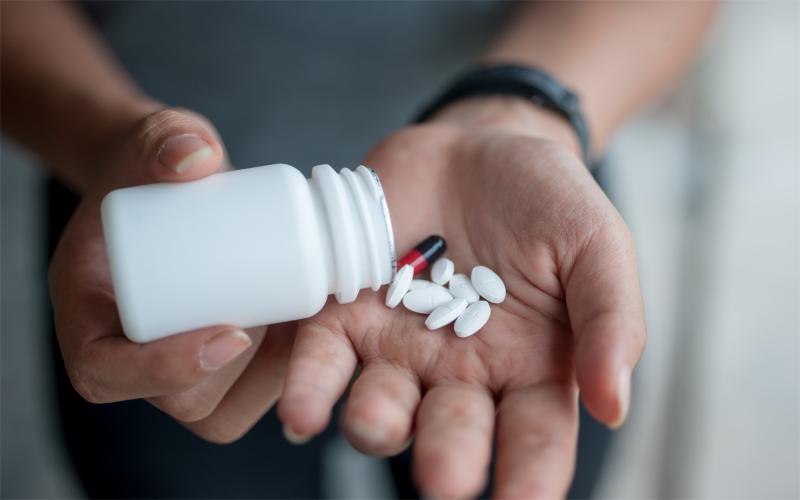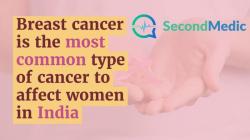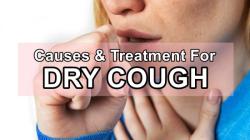What is the best therapy for substance abuse?
There is no one-size-fits-all answer to the question of the best therapy for substance abuse, as effective treatment often depends on individual factors such as the type and severity of substance use, co-occurring mental health issues, and personal preferences. However, several evidence-based therapeutic approaches have shown effectiveness in helping individuals overcome substance abuse. Here are some widely used and effective therapies:
Cognitive-Behavioral Therapy (CBT): CBT is a widely researched and effective approach for treating substance abuse. It focuses on identifying and changing unhealthy thoughts and behaviors related to substance use. CBT helps individuals develop coping skills, manage triggers, and prevent relapse.
Motivational Interviewing (MI): MI is a client-centered approach that aims to enhance motivation for change. It helps individuals explore and resolve ambivalence about quitting substance use. MI is often used in the early stages of treatment to build motivation and commitment to change.
Contingency Management (CM): CM is a behavioral therapy that uses positive reinforcement to encourage individuals to abstain from substance use. It involves providing tangible rewards, such as vouchers or prizes, for meeting treatment goals like drug-free urine tests.
Dialectical Behavior Therapy (DBT): DBT combines cognitive-behavioral techniques with mindfulness strategies. It is effective for individuals with substance abuse issues and co-occurring emotional dysregulation or borderline personality disorder. DBT emphasizes skills development in areas such as distress tolerance and emotion regulation.
12-Step Facilitation (TSF): TSF is based on the principles of Alcoholics Anonymous (AA) and Narcotics Anonymous (NA). It involves participating in 12-step meetings, working with a sponsor, and engaging in self-help activities to support recovery.
Family Therapy: Involving family members in the treatment process can be crucial. Family therapy addresses family dynamics, communication patterns, and support systems. It can help create a more supportive environment for the individual in recovery.
Multidimensional Family Therapy (MDFT): MDFT is a family-based intervention that targets various aspects of a person's life, including family, peer relationships, school, and individual factors. It is particularly effective for adolescents with substance use issues.
Holistic Therapies: Holistic approaches, such as mindfulness meditation, yoga, and art therapy, can complement traditional therapeutic methods. These techniques promote overall well-being and stress reduction.
Medication-Assisted Treatment (MAT): In some cases, medications may be prescribed to help manage cravings and withdrawal symptoms. MAT is often used in conjunction with behavioral therapies for a comprehensive approach.
It's important to note that an individualized treatment plan, tailored to the specific needs and preferences of the person seeking help, tends to be most effective. Additionally, ongoing support, whether through individual counseling, group therapy, or support groups, is crucial for long-term recovery. A comprehensive assessment by a qualified healthcare professional can help determine the most appropriate therapy or combination of therapies for a particular individual.
Determining the most effective therapy for addressing substance abuse
The Effectiveness of Substance Abuse Therapy
There is no one-size-fits-all answer to the question of what is the most effective therapy for substance abuse. The best approach for one person may not be the best for another, as effectiveness depends on a variety of factors such as the specific substance being abused, the individual's unique needs and preferences, and the severity of the addiction. However, several evidence-based therapy options have proven successful in treating substance abuse, and often, the most effective approach involves a combination of these therapies.
Cognitive-behavioral therapy (CBT) is a common approach to substance abuse treatment. CBT helps individuals identify and change negative thought patterns and behaviors that contribute to their substance use. Through techniques such as cognitive restructuring and exposure therapy, CBT can help individuals develop coping mechanisms for managing triggers and cravings.
Motivational interviewing (MI) is another popular approach to substance abuse treatment. MI is a collaborative, goal-oriented approach that helps individuals explore their ambivalence about changing their substance use and find their own motivation for recovery. By building rapport and focusing on the individual's values and goals, MI can help them make lasting changes.
Dialectical behavior therapy (DBT) is a third evidence-based approach to substance abuse treatment. DBT teaches individuals skills for managing emotional distress, improving interpersonal relationships, and tolerating distress without resorting to substance use. DBT is particularly helpful for individuals with co-occurring mental health conditions like depression or anxiety.
Mindfulness-based therapies are a growing area of research in substance abuse treatment. These therapies, such as mindfulness meditation and acceptance and commitment therapy (ACT), help individuals develop awareness of their thoughts and feelings without judgment. This can help them break free from the cycle of cravings and compulsive behaviors associated with addiction.
Medication-assisted treatment (MAT) is a fourth approach to substance abuse treatment that combines medication with behavioral therapy. Medications can help reduce cravings and withdrawal symptoms, making it easier for individuals to focus on therapy and build recovery skills.
Additional factors to consider when choosing a therapy approach
In addition to the specific therapy approach, there are a few other factors to consider when choosing a treatment program for substance abuse. These include:
- The severity of the addiction: More severe cases may require intensive outpatient or inpatient treatment programs.
- Co-occurring mental health conditions: Individuals with co-occurring conditions may need therapy that addresses both the addiction and the mental health condition.
- Availability and cost: Different therapy options may vary in availability and cost. It's important to find a program that is accessible and affordable.
- Personal preferences: Ultimately, the best therapy approach is one that the individual feels comfortable with and is motivated to participate in.
Conclusion
Seeking professional help is crucial for overcoming substance abuse. A qualified therapist can assess your individual needs and recommend the most appropriate therapy approach for you. Don't hesitate to reach out for help if you or someone you know is struggling with substance abuse.












